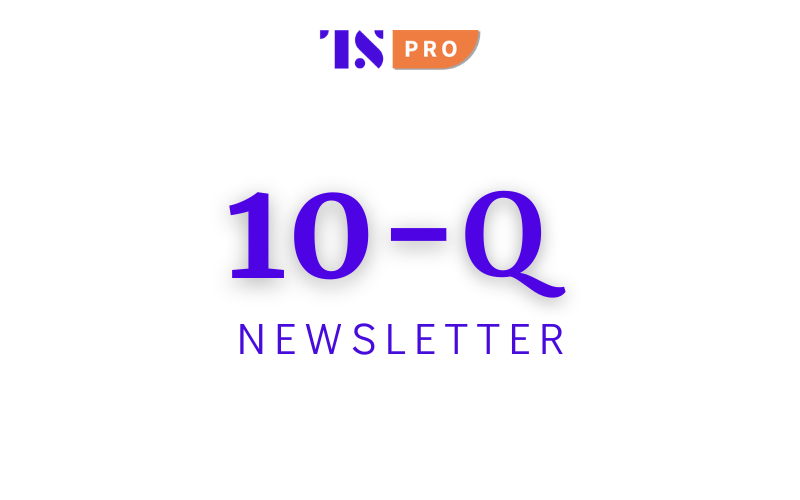10-Q, Member Exclusive
Dime Community Bancshares steps into healthcare lending as part of its commercial banking expansion
- Dime makes a move into the healthcare sector to offer financing solutions and support capital-intensive projects.
- The CFPB is keeping tabs on Apple’s policy of limiting access to the NFC chip technology that makes Apple Pay the only mobile payment service that utilizes the ‘tap and go’ technology embedded in iOS devices limiting other companies from developing their own tap-to-pay apps for Apple devices.









